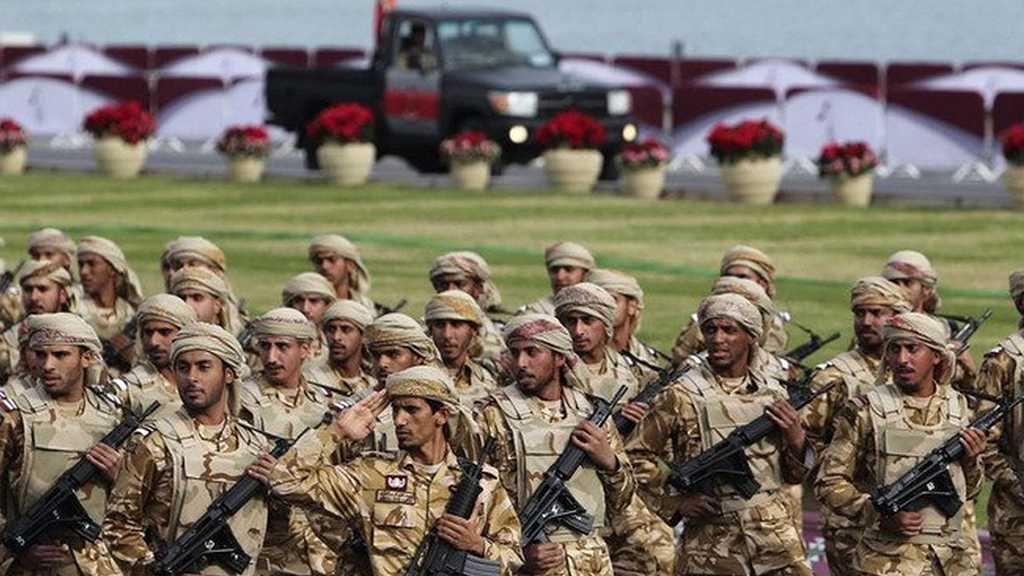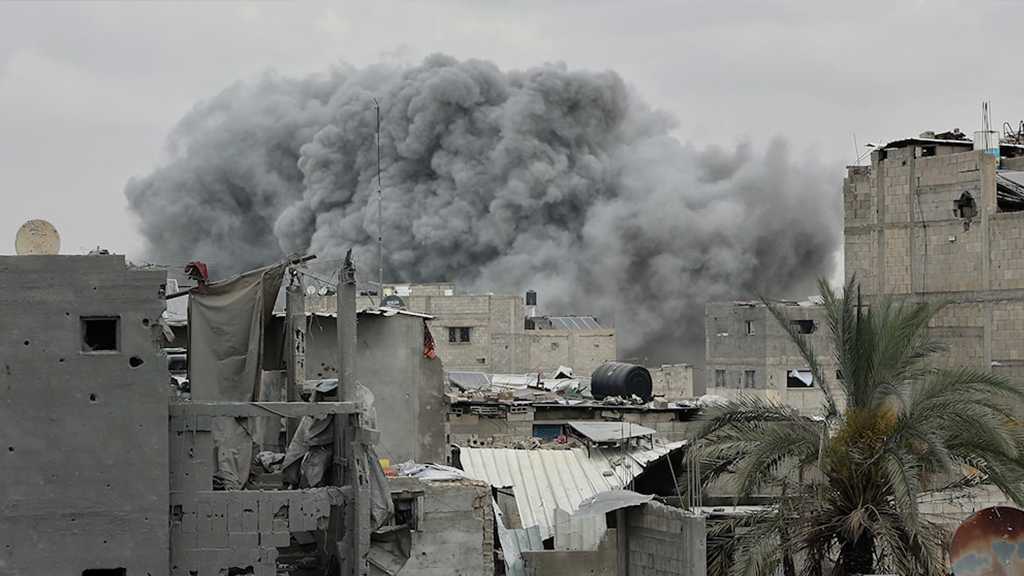FT: KSA’s Rulers Face Dilemma on Economic Reforms

Local Editor
Under the title, "Saudi Arabia's Rulers Face Dilemma on Economic Reforms", the Financial Times reported that Seventy per cent of Saudis are unhappy now of the kingdom's economic status.
According to the UK daily, "broadening economic opportunities for the fast-growing population of 28m - half of whom are under 25 - is the biggest challenge for the Gulf's economic superpower in the coming years."
In the wake of the Arab uprisings in 2011 the government of Saudi Arabia raised public sector salaries and announced $130bn in state spending in an effort to head off unrest at home.
Riyadh has also been spending billions of dollars funding the armed opposition in Syria, and the governments of Egypt, Lebanon, Yemen and Bahrain, partly in an effort to constrain rival Iran.
Meanwhile, youth unemployment runs at more than 30 per cent. The overall unemployment rate dropped a notch from 12.2 per cent in 2012 to 11.7 per cent last year, according to official figures.
Economists believe that as much as 40 per cent of the working age population does not work.
Approximately 41 per cent of all new jobs created since 2011 are in the public sector, while private sector growth, away from the oil industry, is 5.5 per cent - less than the 6.5 per cent economists believe will be needed to provide enough jobs.
The government is pushing to increase Saudi participation in the private sector, reversing years when three-quarters of all new jobs were going to expatriates.
A recent crackdown on illegal workers has also dried up the pool of cheap, undocumented labor, and an estimated 1m of 4m illegal expatriates have returned home while another 3m workers have legalized their presence.
The private sector, which has overturned previous reform attempts, has been complaining about the cost of the new legislation.
Although the construction sector remains the region's largest, with $61bn worth of contracts awarded last year, and the stock market is booming, up 80 per cent in the past five years, the rapid departure of illegal workers has left construction sites devoid of workers and retailers have struggled to expand because of a shortage of finished premises.
Bankers say the opening of the landmark King Abdullah Financial District, already delayed by a couple of years, has been pushed back until later this year because of labor shortages.
Companies also complain that slow educational reform means many Saudis lack the skills needed in the private sector and have a sense of entitlement that makes them avoid work they deem below their social position.
Source: News Agencies, Edited by website team
Comments
- Related News




